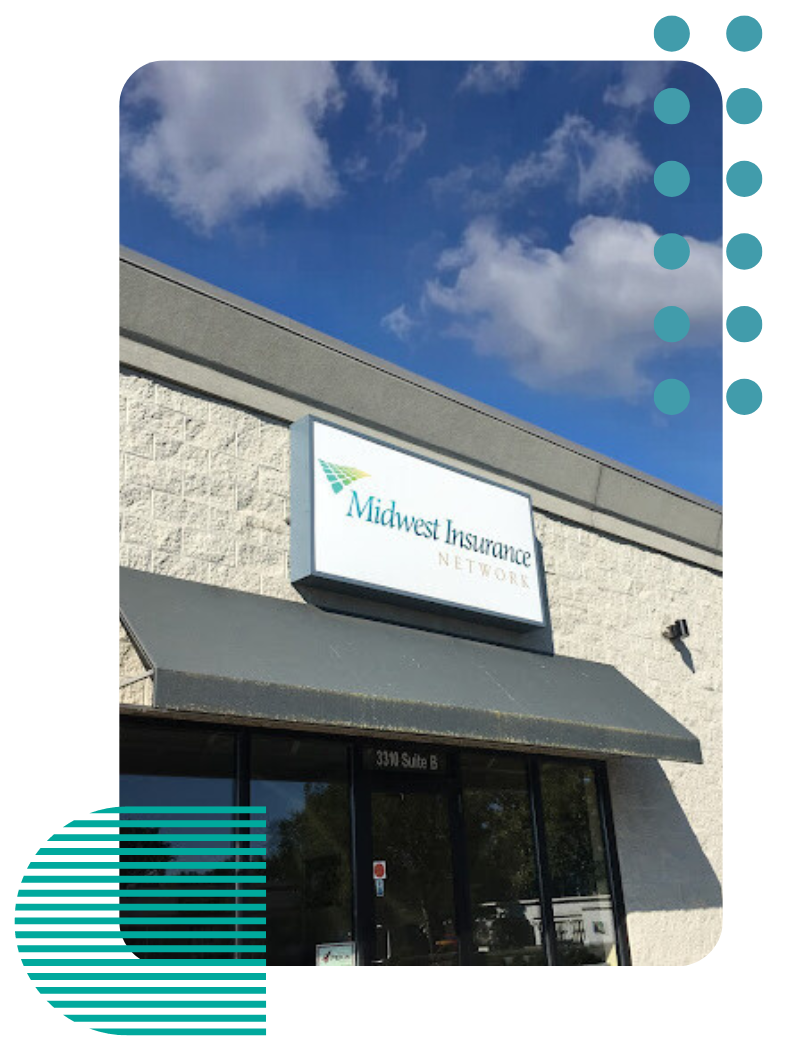Index
Contact Us
Phone
agency@midwest-insure.com
Location
Northwood, OH
3310 Woodville Road, Suite D
Northwood, OH 43619
Elmore, OH
361 Rice Street
Elmore, OH 43416
Understanding the intricacies of
surety bonds can be a daunting task, especially when it comes to navigating the specific requirements and regulations in different states. In Ohio, the surety bond process has its unique characteristics that businesses and individuals must comprehend to ensure compliance and smooth operations. This comprehensive guide aims to shed light on every aspect of surety bonds in Ohio, from their definition to the process of obtaining one, and the various types involved.
What is a Surety Bond?
A surety bond is a legally binding contract that guarantees the performance of a party, known as the principal, to a third party, known as the obligee. The surety, typically an insurance company, backs this guarantee. If the principal fails to fulfill their obligations, the surety compensates the obligee for any losses incurred.
In Ohio, like in many other states, surety bonds are often required in various industries and professions to protect consumers and ensure adherence to laws and regulations. They act as a form of
financial security, ensuring that businesses operate ethically and responsibly.
Types of Surety Bonds in Ohio
There are several types of surety bonds that businesses and individuals in Ohio may need to obtain, depending on their specific circumstances and the nature of their operations. Understanding these types is crucial in determining the right bond for your needs.
Let's delve into the most common types of surety bonds in Ohio:
License and Permit Bonds
These bonds are required for businesses in certain industries before they can obtain a license or permit to operate in Ohio. They ensure that the business will adhere to state laws and regulations, and provide a form of financial protection for consumers against unethical or illegal business practices.
Examples of businesses that may need a license and permit bond include construction companies, auto dealers, freight brokers, and mortgage brokers, among others.
Contract Bonds
Contract bonds are often required in the construction industry. They guarantee that a contractor will fulfill the terms of a construction contract. If the contractor fails to do so, the surety will compensate the project owner for any losses.
There are several types of contract bonds, including bid bonds, performance bonds, and payment bonds, each serving a specific purpose in the construction contract process.
Court Bonds
Court bonds are required in certain legal proceedings to ensure the protection of those involved in the case. They guarantee the payment of costs associated with the legal process. Examples of court bonds include appeal bonds, guardianship bonds, and probate bonds.
These bonds are often required in cases involving a large amount of money or property, or when the court deems it necessary to protect the interests of a party.
How to Obtain a Surety Bond in Ohio
Obtaining a surety bond in Ohio involves several steps. It's important to understand this process to ensure a smooth and efficient bond acquisition.
Here's a step-by-step guide on how to obtain a surety bond in Ohio:
- Identify the Type of Bond Needed: As discussed earlier, the type of bond you need depends on your specific circumstances and the nature of your operations. It's crucial to identify the correct type of bond to ensure compliance with state laws and regulations.
- Find a Reputable Surety Company: Once you've identified the type of bond needed, the next step is to find a reputable surety company. The company should be licensed to operate in Ohio and have a solid financial rating. It's advisable to compare quotes from different companies to find the best deal.
- Submit an Application: After choosing a surety company, you'll need to submit an application. The application will require information about your business and personal finances. The surety company will use this information to assess your risk level and determine your premium.
- Pay the Premium: Once your application is approved, you'll need to pay the premium to the surety company. The premium is a percentage of the total bond amount, typically ranging from 1% to 15%, depending on your credit score and financial history.
- Receive Your Bond: After payment, the surety company will issue your bond. You'll need to sign an indemnity agreement, which states that you will reimburse the surety if it has to pay a claim on your bond.
Conclusion
Understanding and obtaining a surety bond in Ohio can be a complex process, but with the right information and guidance, it can be made much simpler. Whether you're a business owner, a contractor, or an individual involved in a legal proceeding, it's crucial to understand the ins and outs of surety bonds in Ohio to ensure compliance and protect your interests.
This guide has provided a comprehensive overview of surety bonds in Ohio, including their definition, the various types, and the process of obtaining one. With this knowledge, you're now well-equipped to navigate the surety bond landscape in Ohio.




